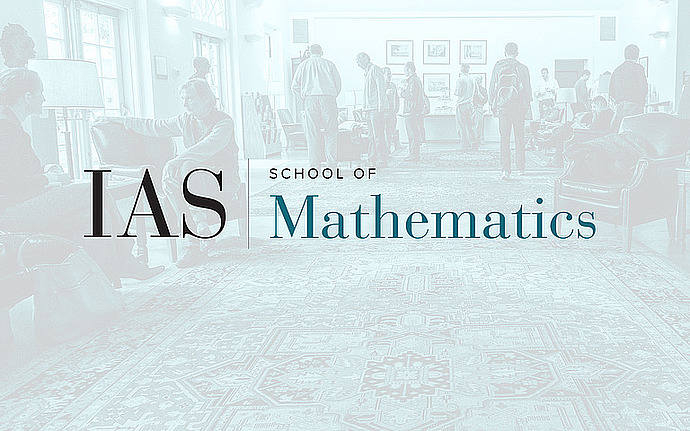
Analysis Seminar
On the gradient-flow structure of multiphase mean curvature flow
Due to its importance in materials science where it models the slow relaxation of grain boundaries, multiphase mean curvature flow has received a lot of attention over the last decades.
In this talk, I want to present two theorems. The first one is a convergence result for the vector-valued Allen-Cahn equation. Similar to an intriguing proof by Luckhaus-Sturzenhecker and a recent work with Felix Otto, we derive the convergence of the phase field to a distributional solution of multiphase mean curvature flow. The second result is a weak-strong uniqueness principle: as long as a strong solution to multiphase mean curvature flow exists, any distributional solution with optimal energy dissipation rate has to coincide with this solution.
Both proofs are based on the gradient-flow structure of multiphase mean curvature flow. In particular, for the first result, we construct a phase-field version of the tilt-excess, a well-known functional in geometric measure theory. For the second result, we define a suitable relative entropy functional, which in this geometric context may be viewed as a time-dependent variant of calibrations. Just like the existence of a calibration guarantees that one has found a global minimum, the existence of a time-dependent calibration ensures that the route of steepest descent in the energy landscape is unique and stable.
This is joint work with Julian Fischer, Sebastian Hensel, and Thilo Simon.